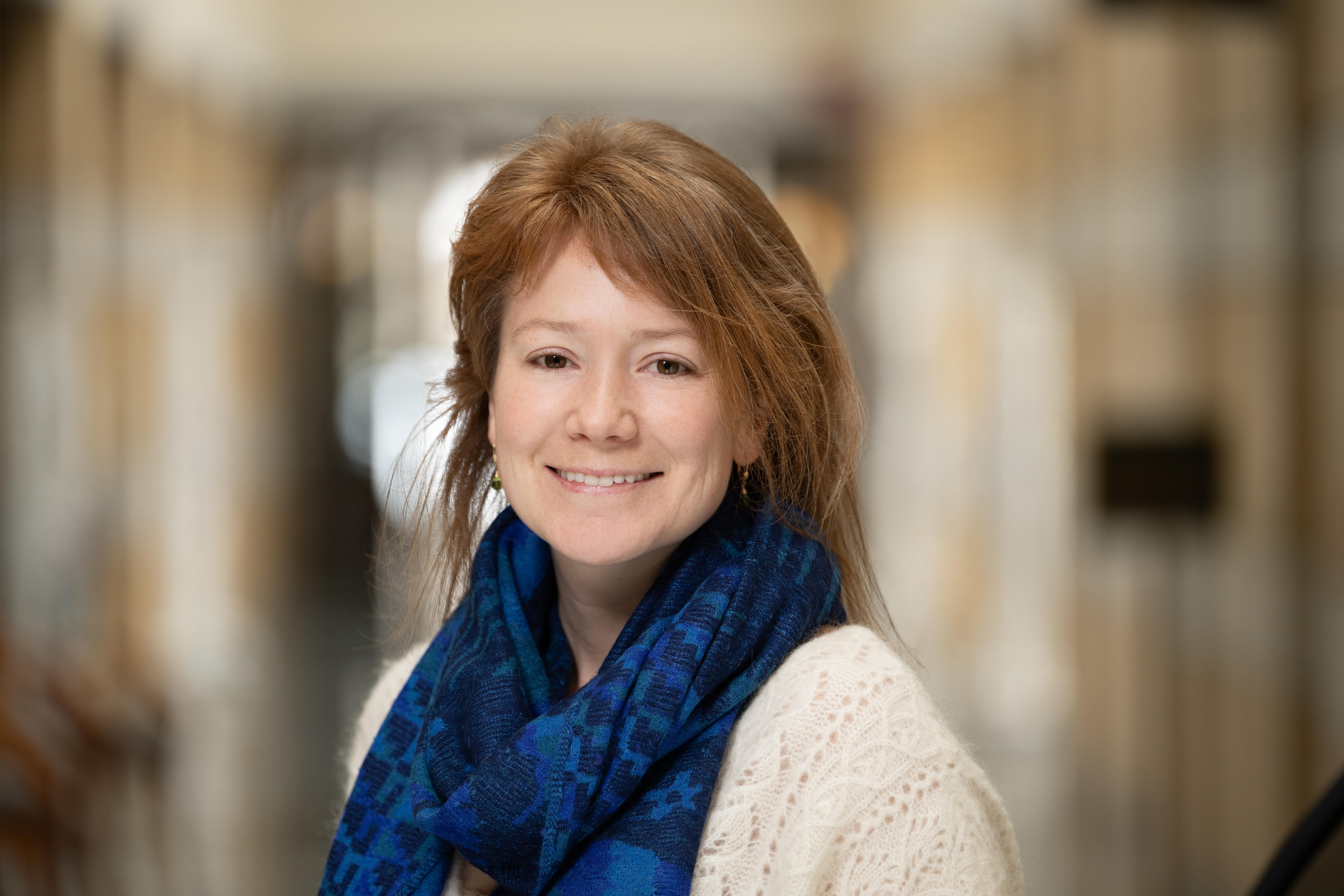
Summary Prepared by Dania Straughan
In the inaugural address of the “Making Democracy One’s Own” conference in Rome on May 30th, 2016, Jan-Werner Müller of Princeton University recounted the divergent strategies taken by 19th and 20th European Catholics in making their respective political systems “their own.” “Democracy is a form of institutionalized uncertainty,” Müller noted. While this uncertainty can help to ensure that one group does not permanently subjugate another within a democratic system, it renders democracy by design “a political system where we are not supposed to know the outcomes.” Despite the salutary effect of democratic uncertainty, according to Müller, democracy “does not have substantive value commitments, and democracy, if left without value commitments, deteriorates into relativism.” Religious actors are faced, then, with the problem of how to make democracy “safe for religion.”
Müller presented Catholic approaches to making democracy “safe,” and cautioned that there is a world of difference between strategies that can strengthen pluralism and those that seek to explicitly dismantle political uncertainty. In the former category, scholars such as Carl Schmitt and Jacques Maritain argued that a properly religious demos will ensure acceptable democratic outcomes. Such outcomes were seen as possible even in religiously plural societies, where just a few “prophetic shock minorities…could reinvigorate a religious understanding of the polity without forcing everyone into a particular religion.” Another approach is epitomized by Joseph de Maistre, who was skeptical of the demos and promoted an external check on democracy through the Papacy, an institution he saw as secured by its divine mission from the inevitable failings of worldly sovereignties. Lastly, Christian Democratic parties held the line for their values – though they were, it must be noted, late to fully endorse democracy, given conflict over equating the Catholic Church with other political parties. These actors would not consider themselves liberal, yet they accepted and even promoted democracy without supporting certain liberal philosophical commitments, such as materialism and individualism.
Since the 1990s, however, the term “illiberal democracy” has been applied to another type of nominally Christian European regime: one that holds elections but otherwise undermines rights that are constitutive of democracy, such as freedom of speech and of assembly. Viktor Orbán in Hungary and Jaroslaw Kaczynski in Poland, two notorious examples, use populist identity politics to “shut down uncertainty,” advancing their policies as the only proper way to live. All other policies or preferences are viewed as traitorous. Müller maintained that these regimes are nothing but “fake” or “Potemkin” democracies, and Müller insists we do a dangerous disservice to pluralism and the role of pro-democratic yet illiberal actors by confusing illiberal “philosophical commitments that underlie democracy” with truly anti-democratic politics.
Photo credit: Tor Birk Trads.

